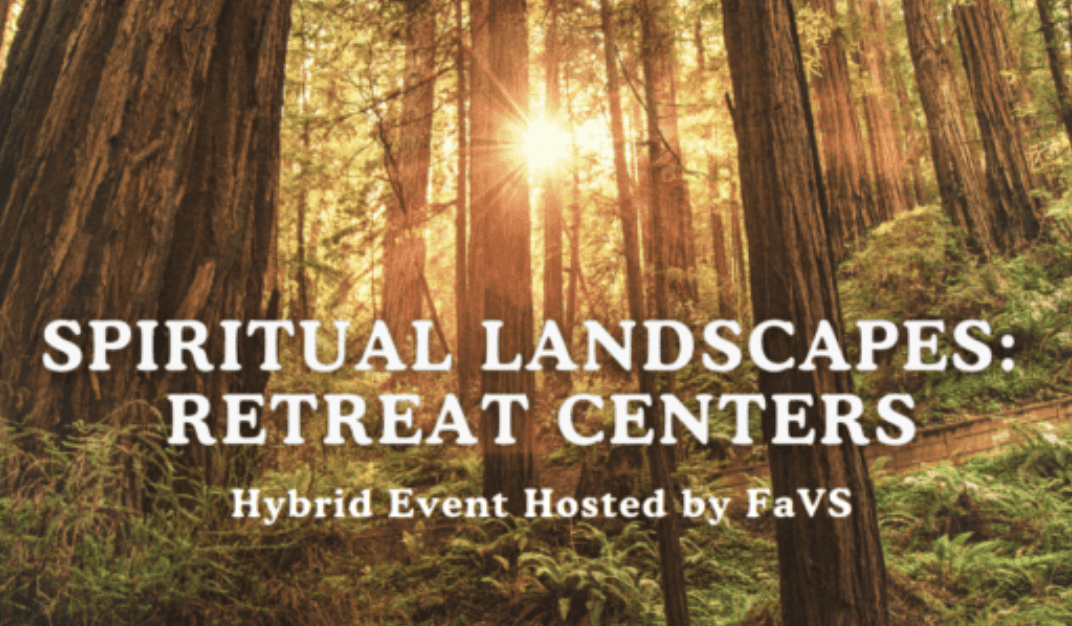
About a month ago I “came out” to my friends and family on Facebook. I posted that I'm proudly Pagan and proudly bisexual. After years of staying quiet about both, it was time. Thankfully, everyone on my friends list was supportive; everyone except my dad.
He called me the morning after my post went up. He called me a bad example to my kids and devil worshiper. He said it was going to make him look bad to all of his friends and the people he does business with. He said I had been seduced by Satan.
So, what does any of this have to do with Paganism? More than you'd think.
Ever since (and most likely before) the days of the Salem Witch Trials, a large number of the population has viewed Pagans as “whores of Satan”, deserving to be harassed, ridiculed and (in extreme cases) killed. Just recently, a woman in Papua New Guinea was tortured with a hot iron rod (externally and sexually), bound and doused in gasoline before being thrown on a heap of trash and set on fire while she was still alive. She was only 20 years old.
It's sad (and frightening) to think that such religious fanaticism still exists today.
I'm not putting other religions down, I'm just pointing out that there are people out there who think their religion is “the one” and refuse to listen to any kind of attempt at reasoning from a believer of a different religion. Most of this is the cause of misunderstood interpretations of what followers of other religions believe in (as in the case of my dad).
I had been taught by a fellow Pagan that one of the “rules” of Paganism is to love everyone and everything in nature (love others as you would love yourself).That means I'm just going to at least show respect for other people's views and beliefs. I may not always agree with what someone says, but I feel that I don't have the right to try to change how they feel. Another personal rule is that I don't try to convert people into my religion. If someone asks about it, I'm happy to talk about it. To me, trying to force something like that is overstepping someone's personal boundaries.
I sometimes wonder what would happen if Pagans rallied together and protested religious issues the way many other religious followers do. I've wondered how the rest of the world would react to such a demonstration. Could be interesting.
I guess my point is that, regardless of what point in time we're in, there will most likely ALWAYS be people out there who think what they believe is the “true” belief, and all others are wrong. For once, it would be nice if people could accept the many varieties of religions that make humankind so unique.
As in the words of author Anna Sewell in the book, “Black Beauty,” “There is no religion without love, and people may talk as much as they like about their religion, but if it does not teach them to be good and kind to man and beast it is all a sham — all a sham, and it won't stand when things come to be turned inside out and put down for what they are.”








Thanks for sharing. I find your story moving for a lot of reasons. As an atheist, I have found that my “coming out” has had some very real costs in my life. Several people in and out of my work have distanced themselves from me, and I suppose that my non-belief has affected my career in some non-obvious ways.
One of the dilemmas of being a member of the “out group” is that you never quite know what to take personally. Religions don’t only help us to structure our beliefs and experiences, they also identify us as members of a community. One of the big ways that God is used by a lot of people is that he is the “divine police man:” the person who keeps you in line and keeps you honest. The assumption that a lot of people make is that since I don’t believe in God, I have no constraint on my behavior.
What they don’t realize is that it is my honesty that prevents me from believing in the first place. I can’t bring myself to believe an idea just because my life will be easier if I do. It is my intellectual honesty that constrains my belief in God in the first place.
Defining the “other,” and demoting the “other” to seen as less than human is a basic prerequisite to violence. That psychology is really well known. Having a different sense of the sacred means that it really is easier to define us as immoral, and therefore less than human. In your case, your father is dismayed at the loss of prestige and privilege that he suffers for being associated with you. This is a horrible consequence of tying your group identity to your beliefs. I’m sorry that is happening to you, I really am.
You are right to assume that you are less safe than most Christians in this culture. We are fortunate to live in a culture where the more toxic strains of belief have been muzzled by a secular system of laws. I solute your courage for speaking out, and hope your relationships will improve over time.